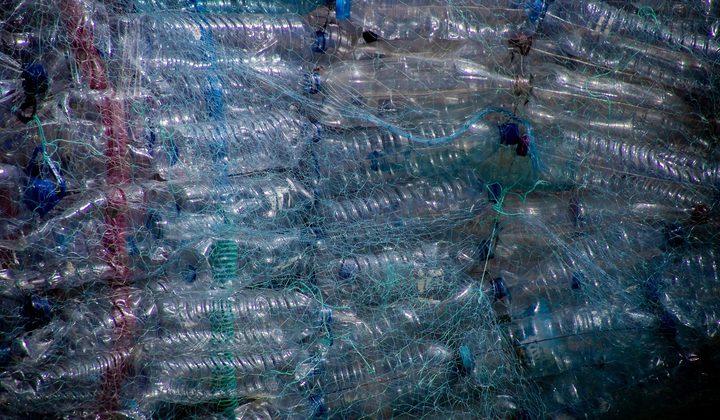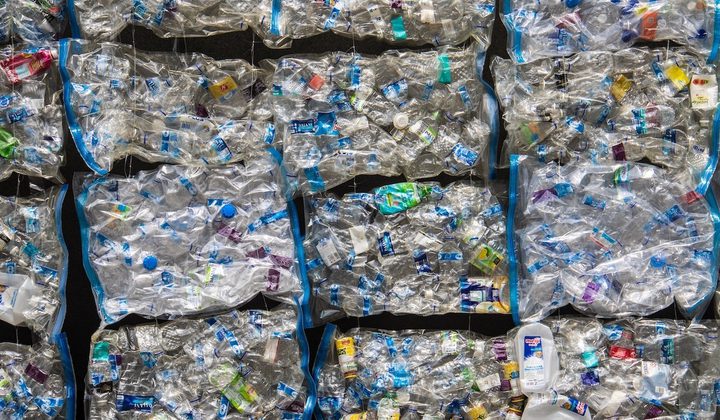TESS was pleased to contribute to the WTO Dialogue on Plastic Pollution (DPP) Pre-Plenary meeting on 18 September 2024. At the meeting, we issued statements on agenda items related to capacity building for developing members and the streamlining of information on trade-related policy measures.
At the meeting, we welcomed the continued engagement from the DPP membership and the co-facilitators for their efforts to deepen and focus the work of the DPP post MC13, which will be vital to achieve the stated goal of reaching concrete, pragmatic, and effective outcomes at MC14.
On capacity building—the first point of focus of the pre-plenary discussions—we advised that TESS is currently working on a guide to support World Bank client countries in navigating trade policies relevant to their plastic pollution reduction goals. One of the objectives of the guide is to identify capacity gaps faced by countries both in implementing domestic trade-related policy tools for tackling plastic pollution and supporting implementation of regulations and standards that their businesses may face in export markets.
Regarding the issue of capacity building and financing in the context of the plastics treaty, we noted that these can be informed by ongoing DPP work and that TESS will be reviewing and sharing the kinds of trade-related challenges and needs that developing countries raise in the context of the INC negotiations. In addition, with several delegations noting the importance of aid for trade to address needs related to environmentally sound and safe plastic waste management, we informed the meeting that we will be publishing a paper on cooperation around environmentally sound and safe plastic waste management technologies and services that could be pursued in the DPP. Among other issues, the paper identifies some of the specific constraints faced by small island developing states, least developed countries, and small, vulnerable economies in plastic waste management and how trade-related cooperation can help address these challenges.
On streamlining information on trade-related policy measures (TrPMs)—the second point of focus of the pre-plenary discussions—we suggested that it could be useful to streamline and harmonize requirements for notifying TrPMs and noted that the establishment of a global repository for TrPMs could serve as a valuable resource. In discussions on a domestic coordination mechanism for TrPMs, we expressed the view that inter-ministerial consultation and coordination mechanisms, including designated focal points, will be a key step forward for tackling the nexus of trade and plastic pollution in a coherent manner. As effective plastic pollution policies will rely on consideration of a diverse set of views and concerns from a range of ministries, businesses, and stakeholders, we suggested that a useful DPP output could be a set of guidelines or best practices that can support members to identify the composition of a domestic coordination mechanism for TrPMs.
Finally, we reminded members that proposals on possible HS amendments to improve transparency in the trade flows of plastic products, focusing particularly on single use plastics, could by prepared by 10 October ahead of the final session of the HS Review Sub Committee taking place in November this year.
You can read a WTO news item summarizing the DPP pre-plenary.
We encourage you to read our statement in full.
TESS at the World Trade Organization
This work is part of our initiative supporting inclusive cooperation
on trade, environment, and sustainable development at the WTO.




